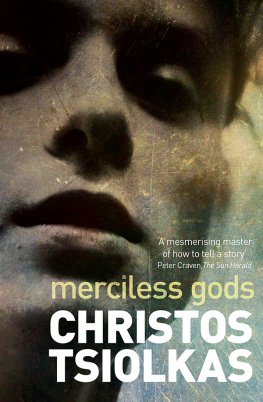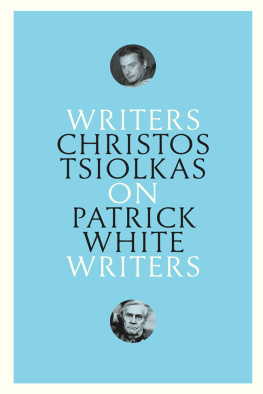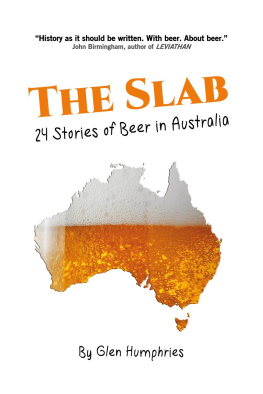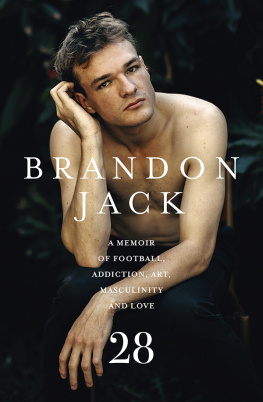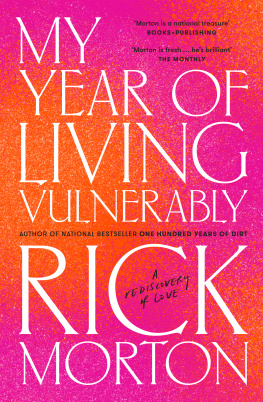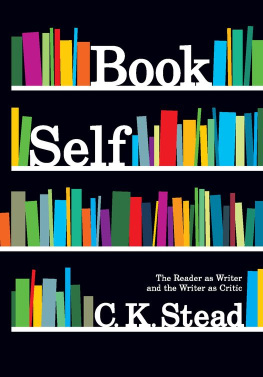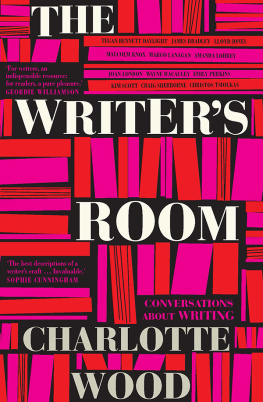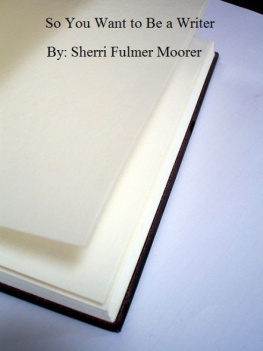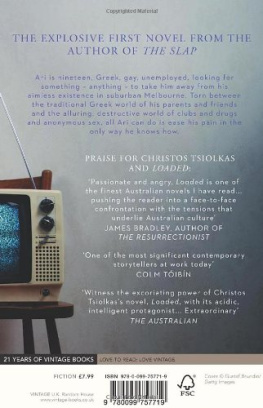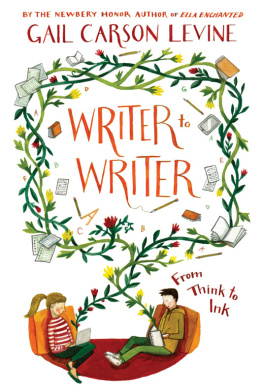Christos Tsiolkas
Merciless Gods
Christos Tsiolkas is the author of five novels: Loaded, which was made into the feature film Head On; The Jesus Man; Dead Europe, which won the 2006 Age Fiction Prize and the 2006 Melbourne Best Writing Award; The Slap, which was published in 2008 in Australia and has since been published all over the world; and Barracuda. The Slap won the 2009 Commonwealth Writers Prize, the 2009 Vance Palmer Prize for Fiction, the 2009 Australian Literary Societys Gold Medal and the Australian Book Industry Awards Book of the Year for 2009, and was longlisted for the 2010 Man Booker Prize. Tsiolkas is also a playwright, essayist and screenwriter. He lives in Melbourne.
For Wayne van der Stelt, who has been there from the beginning
I WANT TO TELL YOU A story about an evening many years ago. I hardly see anyone who was at that dinner party anymore; apart from the occasional email we have all disappeared from one anothers lives. I dare say it could be argued that our drifting away from one another is not extraordinary, that it would have occurred in the normal course of events the raising of children, changing address, moving away, stagnating friendship but I am certain that the events of that evening had no small role to play in the fracturing of our group.
There were nine of us seated around the table. We had been to university at the same time, some of us had worked together, we were a group of young professionals just beginning to pair off, find lovers, even think about marriage. Serena and Ingrid were the hosts that evening and the dinner was in honour of Marie, who was soon to leave for San Francisco to become an editor for a leading publisher of travel guides. I was there with Mark we had just celebrated the first anniversary of our relationship and there was Antony and Hande, and Madeline and Vince. We were also celebrating the news that Hande had just been accepted as a solicitor in one of the citys major labour-law firms; we were all keen to toast her and Maries good fortune.
We had all dressed up for the occasion; it was the first time I had seen Mark in a suit and a tie. The women had all bought new outfits for the evening and were complimenting each other and striking model poses. The men looked debonair and rather splendid in their dinner suits and crisp white shirts. We looked as though we belonged in the elegant apartment that Serena and Ingrid had just moved into on Collins Street; their view across the illuminated cityscape was dazzling. The Cold War had only recently been relegated to history, technology was promising boundless opportunity and the recession had not long ended. Our generation was buoyant. We owned the future.
Mark nominated himself DJ that night (a beatless house track would follow Pearl Jam or the Screaming Trees it was the season of grunge and Caf del Mar compilations), Antony had scored us some ecstasy and Serena had spent the day cooking us a feast. That night was a film. We were a sophisticated art-house movie; we were chic and we were young. We were beautiful.
Though the setting was perfect it could not be said that we were all completely at ease as we popped the cork from the first bottle of champagne and filled our glasses. I think now that we never really settled that night, never quite managed to give ourselves over to the abandonment that beckoned, even with all that fine food and the elation of the stimulants and intoxicants. It seemed that the evening had begun with a faint tremor of anxiety, and somehow that sense of unease never quite retreated; we never managed to banish it. It entered our drinks and our food, we breathed it in. It was a mild early-autumn night, the breeze was cooling without chilling us, but even with the balcony doors wide open, the air in the apartment seemed inordinately heavy.
You see, although we were all there to celebrate with Marie, we also knew that she had beaten Vince for the job. Since university they had both pursued careers in publishing. Vince initially backpacked through Indonesia and started filing travel reports on Flores, Borneo, Java and Sumatra for the nascent travel-guide industry. His writing was pungent, informative and free from cant or clich, and before long he was editing and writing the guides to Oceania and the Pacific. Marie began working as a copy editor in a small publishing collective that was riding the last dying swell of second-wave feminism. When the press folded, Vince let her know there was an opening at the company he worked for. She got the job. Good-natured rivalry had defined their professional relationship for the first few months, but none of us were surprised when it became more competitive. Vince was brilliant, sharp, quick-witted, a child of migrant factory workers who wore his entry into the bourgeoisie as both a chip on his shoulder and a badge of honour. He had a wicked temper that made him unpopular with those not seduced by his charm and intellect. He did not hide his contempt for intellectual laziness. When the position in San Francisco came up, he had applied for it and so had Marie. It was Marie, whose father was a diplomat and who was fluent in three languages, whod got the job.
I dont mind, Vince had barked at me when Id brought up the subject in the locker room after our fortnightly game of squash. She fucking deserves it. But he had played like a lunatic, the ball rebounding furiously, whipping towards me at such speed that I thought it would slice me. He did mind. He was proud and arrogant and hated being beaten. He minded deeply.
So, there we all were, Vince barely able to conceal his envy, Marie resenting her feelings of guilt, Madeline attempting to be the appeaser and the rest of us pretending everything was fine. It was fortunate that Hande was so excited that night. We could all rejoice in her happiness. The food that Serena had prepared was exquisite: fresh seafood from the market, lamb marinated in wine and with a crust of feta and herbs, an alcohol-soaked tiramisu for dessert. After the first few bottles were drunk the initial stiltedness of the evening seemed to vanish. At one point, between the entre and the main course, Vince, Hande and I were smoking on the balcony, looking across into the empty lit-up offices across the street. Between draws, he said, Well, it isnt quite New York. Hande and I looked at him for a moment, then she replied, At least it isnt Beirut.
Or Adelaide, I added.
It felt good to finally laugh. The smells, the tastes, the music, the clothes, the conversation I can remember everything about that night except who suggested the game. I suppose if I were to meet up with any of those old friends they would probably all guess that it had been Vince. I am also tempted to say it was him. But I think that is too easy. Mark would say that I am giving him the benefit of the doubt, that of course Vince had planned it all from the beginning; that I was letting my feelings for Vince get in the way.
It is true: back then I was in love with Vince. Mark was never convinced that it was possible to be in love with two people at the same time. It is, I still claim that truth, though now I know that such a divided loyalty can never be equal. Vince and I had fallen into an easy camaraderie from the moment wed met in our first tutorial at uni. By the end of that first week I was in love. It was adolescent love, impossible, destined to be unfulfilled and unconsummated, but university had emancipated me from the evasions and dishonesties of high school and I made an obsession out of that first liberating rapture. Vince tolerated my puppyish devotion, though we never spoke about it. One night on holiday in Bangkok we had got paralytic drunk and I had given him a blowjob after wed miraculously managed to find our way back to the hostel. He claimed no memory of it the next morning but was surly with me the rest of the day. That very evening he went off with an American girl and I didnt see him for three days. When he finally came back to our room I pretended to be unconcerned. Mark was right: I could forgive Vince anything.

